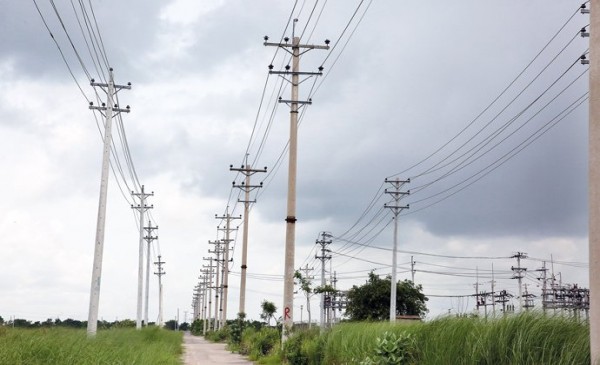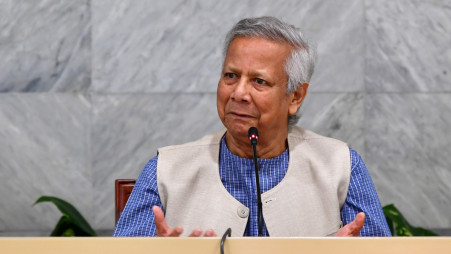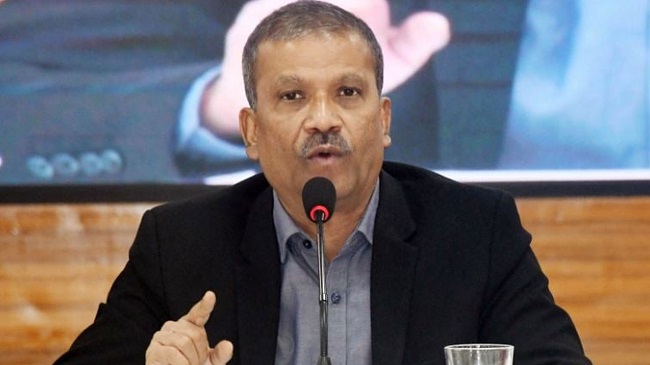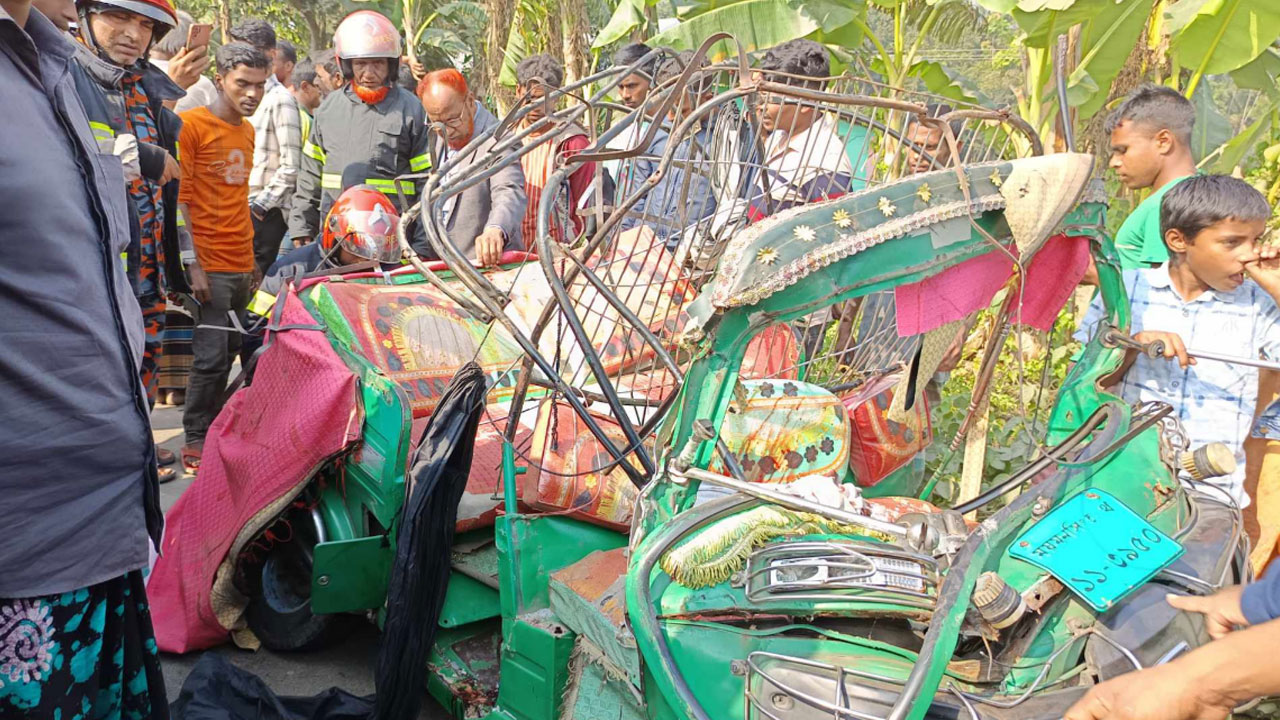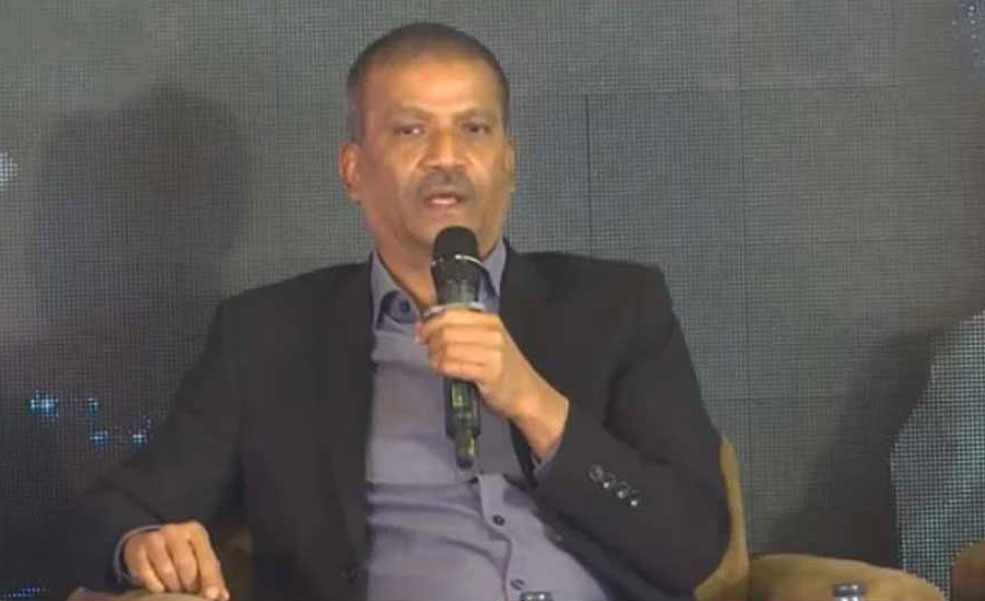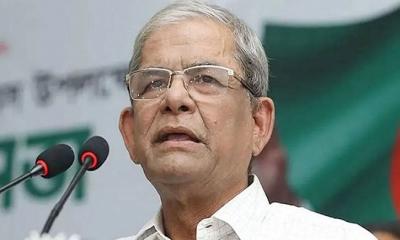A balance between the capacity to generate and the capability to use electricity remains a major challenge for Bangladesh as the generation capacity has been enhanced without developing commensurate transmission and distribution networks.
The country’s annual spending on the idle power plants has increased 300 per cent over the last decade with the highest amount of Tk 108 billion paid in 2019–20. Over the past decade the idle power plants have been paid nearly Tk 600 billion.
The price of power has seen a 98 per cent rise over the last decade as the government has tried to rein in the sector’s increasing deficit that is, experts predict, likely to go up further with the government continuing to increase the power generation capacity.
‘The government should not raise the power generation capacity anymore,’ said Centre for Policy Dialogue research director Khondaker Golam Moazzem.
‘It should spend next few years on improving the power transmission and distribution capacities,’ he said.
A CPD report in December said that the government had failed to expand the power transmission and distribution networks as planned over the last five years since 2016 but still kept investing in expensive private rental power plants.
Experts said that the power overcapacity problem was likely to deteriorate with big industries relying on captive power and refusing to connect to the national grid because of frequent power outage.
Bangladesh’s installed generation capacity is over 20,000MW, excluding over 3,500MW captive power, with per capita electricity consumption of 374 kwh, which is far lower than in India, Pakistan, Sri Lanka and Bhutan.
‘The unplanned power sector growth is making people pay. They are paying one of the highest prices for substandard electricity,’ said Consumers Association of Bangladesh energy adviser Shamsul Alam.
In January, two months before the coronavirus crisis emerged to stall the otherwise sluggish growth in power demand, over 63 per cent of the country’s installed generation capacity remained unused. The overcapacity was around 50 per cent at the end of the year.
As an immediate measure to address the overcapacity problem, experts have suggested shutting down all the rental power plants, a call the government has never paid heed to.
The government in 2020 rather renewed deals keeping the rental power plants, scheduled to retire in the year, in operation.
Experts warned that the move would cause the power sector deficit, which was more than Tk 8,000 crore last year, to go up further, making electricity costlier.
Increasing capacity charge is generally held responsible for increasing the power sector deficit.
The capacity charge is the money private power producers are legally entitled to receive from the government whether or not they produce power. The private producers now account for more than half the country’s installed power generation capacity and many of these plants sit idle.
The Centre for Policy Dialogue in June asked the government to devise a clear exit plan for the expensive rental power plants accounting for 1,958MW electricity, a third of the total overcapacity.
Faced with scathing criticisms in 2020, the government has repeatedly assured people of closing the rental power plants in due time but has not acted by the assurance.
About 20 private rental power plants — using gas, furnace oil or diesel — are still in operation. They should have retired long ago but were renewed with a three- to five-year extension after the incumbent AL government assumed power in 2009.
The rental power plants came as an emergency measure to rapidly increase the country’s power generation from only 4,942MW to meet the increasing demand.
The government had initially promised to improve its own power generation capacity to replace the rental power plants.
‘The government has turned the power sector into a lucrative source for businessmen to make money. A section of people is getting rich fast without any risk by investing in the power sector,’ said Shamsul Alam.
While the government was busy increasing the generation capacity, the transmission and distribution networks remained very weak, barely capable of handling 13,000MW, the maximum amount of power the country has ever handled.
Lack of transmission and distribution networks has turned the country’s newly-built biggest coal-based power plant, the Payra plant, into an economic burden with much of the plant’s first unit’s 660MW capacity remaining unwwused.
The 660MW second unit of the plant is likely to go into operation soon but is also feared to remain entirely unused throughout 2021 in the absence of transmission and distribution lines.
‘The poor transmission and distribution capacities have made the overcapacity inevitable,’ said energy expert Professor Ijaz Hossain.
I


